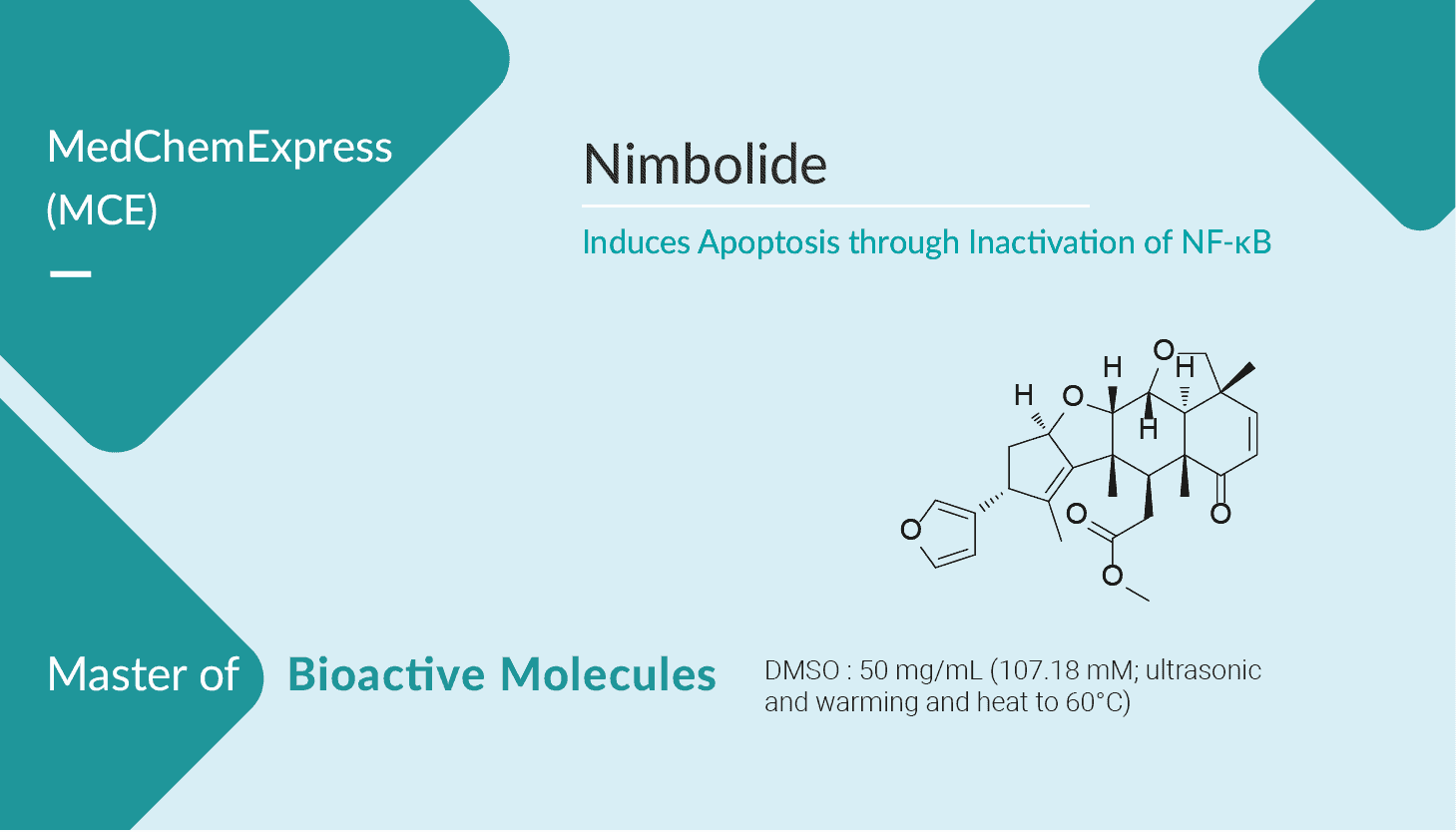The transcription factor NF-κB is a nuclear factor that binds to the enhancer element of the immunoglobulin kappa light-chain of activated B cells. NF-κB exsists in nearly all cell types and regulates many target genes with a whole variety of functions. There are five members of the NF-κB family: p65 (RelA), RelB, c-Rel, NF-κB1 and NF-κB2. NF-κB1 and NF-κB2 are synthesized as pro-forms and are proteolytically processed to p50 and p52, respectively. The activation of NF-κB involves two major signaling pathways, the canonical and noncanonical (or alternative) pathways.
The NF-κB family of transcription factors has an essential role in inflammation and innate immunity. Incorrect regulation of NF-κB has been linked to cancer, inflammatory, and autoimmune diseases, septic shock, viral infection, and improper immune development. NF-κB induces the expression of various pro-inflammatory genes, including those encoding cytokines and chemokines, and also participates in inflammasome regulation. In addition, NF-κB plays a critical role in regulating the survival, activation and differentiation of innate immune cells and inflammatory T cells. Furthermore, NF-κB is a crucial player in many steps of cancer initiation and progression.

Nimbolide, a limonoid tetranortriterpenoid, can induce apoptosis through inactivation of NF-κB. Therefore, Nimbolide exhibits anti-malarial, anti-bacterial, and anti-cancer activities. Accumulating evidence from various in vitro and in vivo studies indicates that nimbolide possesses potent anticancer activity against several types of cancer. For example, it induces apoptosis in osteosarcoma cells and inhibits cell migration of these cells by modulating the expression of integrin αvβ5. Besides, in human renal carcinoma cells, nimbolide induced cell cycle arrest, DNA damage, and apoptosis.
All in all, Nimbolide, a triterpene derived from the leaves and flowers of neem, induces apoptosis through inactivation of NF-κB.
Reference:
Hoesel B, et, al. Mol Cancer. 2013 Aug 2;12:86.